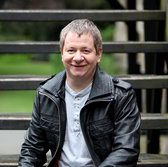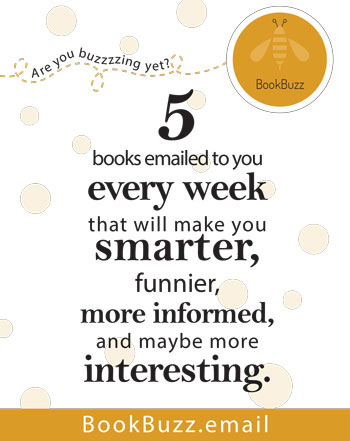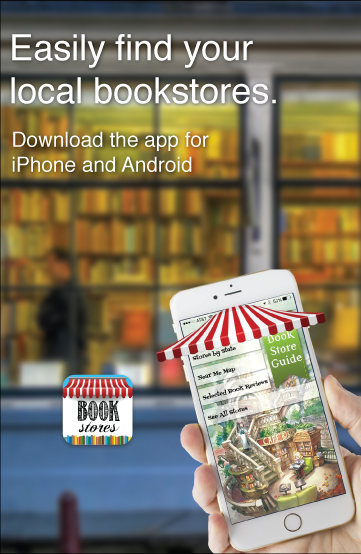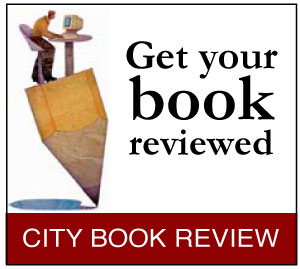Tell us a little bit about yourself and how you came to write your book.
Having just turned 50, I realize I have been writing books since I reached my mid-teens. Reading and writing have always been a major part of my life and, though both have had to take a back seat through the years, I have always returned. Initially, I read and wrote in many genres, happy to search for the one that suited me best, but eventually landed on Archaeological Thrillers. I devoured all the books, enjoyed the movies, and looked forward to jumping headlong into the research, happy to learn about ancient relics and dubious history.
What was this book about, and where did your decision to write it come from?
My first book – entitled The Bones of Odin – came about through a desire to delve into Viking mystery and history, and also because, back in 2011, nobody else had tackled the subject. I wanted something fresh. Also, I live in the city of York in the UK, a place rich with Viking history and somewhere I could comfortably place the opening scenes of the book. I see these books as Archaeological Thrillers, but because no genre really exists for that, they usually appear in Action/Adventure and General Thrillers. I wanted a good mix of history and rip-roaring action, a little niche I also thought was missing between the more in-depth offerings and outright action novels. I actually decided to write this book when I realized e-readers were becoming more popular, specifically for Independent publishing and the many freedoms it offered.
How long did it take you to write the book?
Two months of research and six months of writing went into the first book. I worked a full-time job, and our second child had just been born, so writing was limited to between 8-11 p.m. after the kids had been put to sleep, I wrote five days per week for the first four books. I also used my holiday time from work so that I could write faster.
Did you have a publisher or agent? If not, was it by choice?
I do not have a publisher or an agent, despite being offered publishing contracts since my novels became successful. So far, I have turned them down, but don’t rule out one day running with a publisher. The deal would have to be right, not only for me but for my family and our future.
Did you use anyone to help with the finished design? Editors, cover designers, etc.?
I am lucky in that I have a friend who creates my book covers tailored to the descriptive design that I send over. I use a professional editor and proofreader for all of my books, but even the odd error can still slip through. I have to say this is an essential part of the process.
When did you start preparing to market your book? What kind of research did you do?
I prepared a marketing strategy before I even started the book’s research, joined social media, and made as many contacts as I could. I looked into the best platforms to help promote my novel and brand (which can change quite quickly), and read various Internet discussions on the subject. I didn’t buy any books targeted at this, as I believe what works for one person is a complex mixture of factors and is unlikely to work for the next.
What is the difference between your book and other books on the subject?
I chose and developed the Archaeological Thriller and Viking angle because it stood alone, it was striking and memorable and intriguing, and should appeal to a broad audience. In addition, I wanted a ‘blockbuster’ feel to the book, which also made it different to other offerings, and the sense that this wasn’t a stand-alone novel or even a series, but a serial, an ongoing adventure where the lives of the characters continued seamlessly from one book to the next.
Did you use an outside publicity or marketing firm? If so, what benefits did they provide you?
I did not do this.
Did you use any paid advertising or posts? Did you use social media, guest posts, interviews or other personal marketing?
Initially, I did not pay for advertising in any way. I used Twitter mainly, as much to liaise with other authors and share news and tips, as to develop a reader base. I undertook a blog tour and was part of several guest interviews, two podcasts, and spoke to the local papers. I also used Facebook and LinkedIn to increase my online presence.
Where did you get your first reviews for the book? How did you discover which places to get reviews?
I only get reviews from people who have purchased my books, and encourage them to leave the review by placing a short note at the end of each one.
What marketing event or plan was your most successful? How did you come up with the idea, and how did you execute it?
Of course, this changes and is never a sure thing. My own experience was that the total spread across all of social media was certainly a factor –– the constant online presence, the drip-feed of posts and interviews, never letting up. This just takes time and planning and using all the contacts you have made. It is not just one thing that makes the difference but the mix of many.
What did you do that yielded results?
Although I believe better results come from a large spread of ideas, I have found that ‘boosting’ Facebook posts can yield some good results. I have tailored a particular post to promote my first book, added a striking picture, one line from a review and easy links and have seen increased sales. This typically works for a week and then stops, whereupon you need to do something completely different as bombarding readers with the same kind of advertising, week after week, can have a negative effect. I have had no luck with Twitter advertising nor Amazon, but have not looked fully into the latter as yet.
Another way to get results is to ensure, as an author, you are interacting with your readers –– offer a free giveaway, every week for a month at a time, ensuring people like and share and comment on your post and page. Paperback and audio giveaways are good and, in between, you can also offer up various competitions. Naming a character or guessing a place. Also, encourage readers to email you with their thoughts on current and future books, suggesting directions and scenes and even character changes.
What are your book sales like?
Sales figures usually run at about 200-300 per day, covering the United States, the UK, Australia, and Canada. This figure reduces month on month, until a new release is made available when it then jumps again to around 500 plus for a few months. On release week I always pay for advertising, finding this prompts sales just as much as my email database, my newsletter, Amazon marketing emails, and social media.
What books influenced your writing and your book marketing?
So many books have influenced my writing that it is hard to single any of them out. I remember being enthralled by Stephen King’s early books, by Stephen Donaldson’s Thomas Covenant trilogy, by David Eddings’ fantasy tales, and by Robert Crais’ crime thrillers.
What tools do you use for marketing or writing?
I find Facebook best for marketing at the moment, with Pinterest and Google also helping. I use Mailchimp and Hootsuite, and am looking at Instagram. I am always trying to find new ideas to help keep it fresh.
What tips or suggestions would you give to someone else getting ready to publish or market a book?
I would say, first of all, get your story written. Put it on the page, and don’t worry about it being perfect. The story must come out, and you can work on everything else later. It must have an ending though. I have spoken to many people who have good ideas, great enthusiasm, but seem to struggle with knowing where they are going.
An editor is absolutely essential if you want any form of success. A great cover and a blurb full of buzzwords that appeal to readers of your genre. Everything designed to attract. If you have any doubts around formatting or upload, get someone to help you. It’s relatively cheap, removes the stress, and, again, essential. I have someone who formats everything for me –– all e-readers, CreateSpace, and paperback cover for just £20 per title, leaving me spare time to proofread, market, and plan the next title.
Don’t rush –– get it right first time, as that’s when you will be judged. Accept that you will receive negative reviews; not everybody will enjoy your work. If they offer up a reason, measure it and be open to it. A change may help, and ebooks can be revised at any time.
Try to develop a reader base and a network of author support. Help each other. You can’t do this alone. Research your genre –– learn the keywords, the reader comments on books like yours, the best categories for them, the ones that catch your eye.
And, if you do achieve success, if you see a flood of sales, remember…that’s not the time to sit back and congratulate yourself. That’s the time to jump in, feet first, and work even harder to get the next few titles out.




